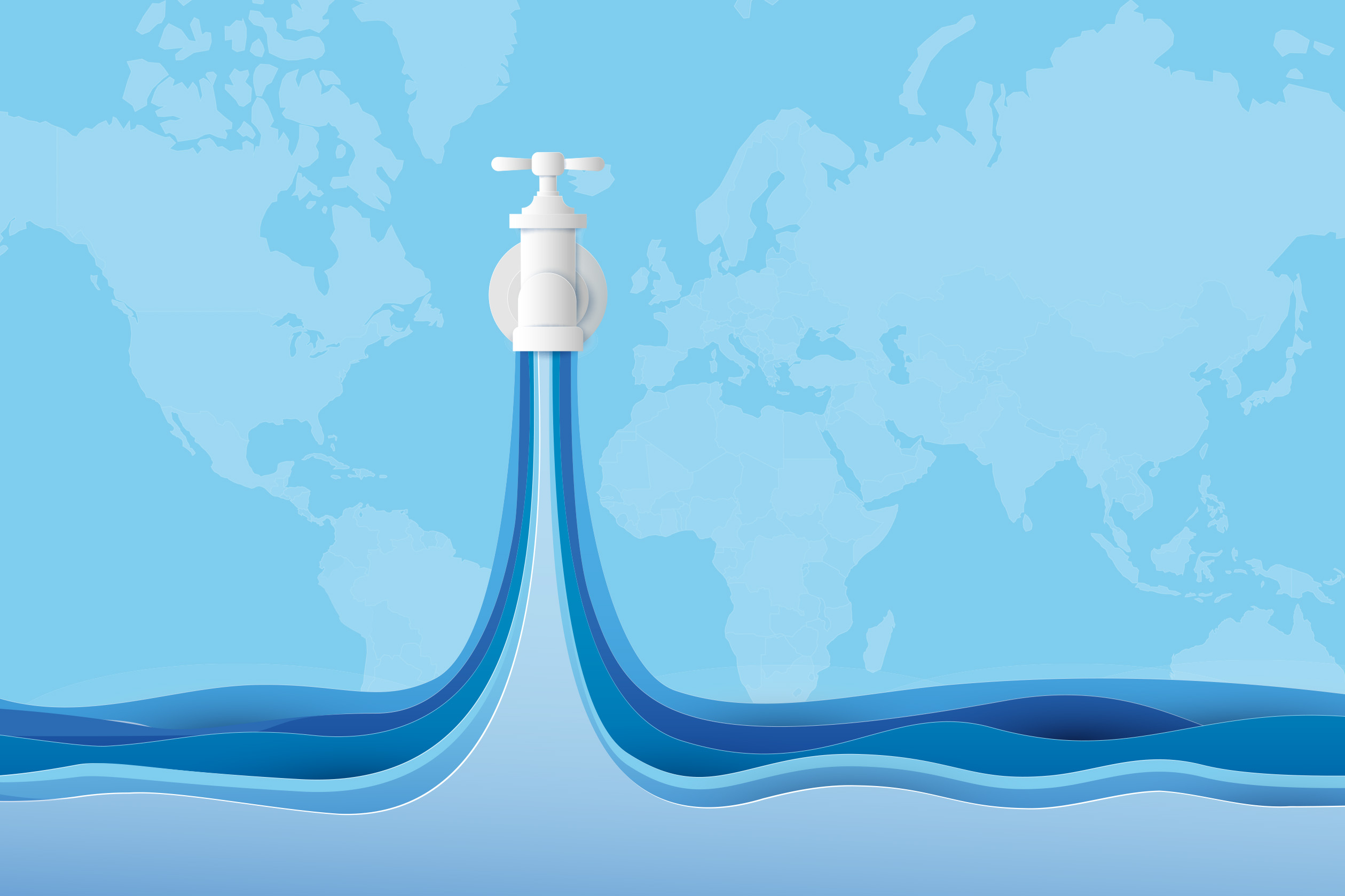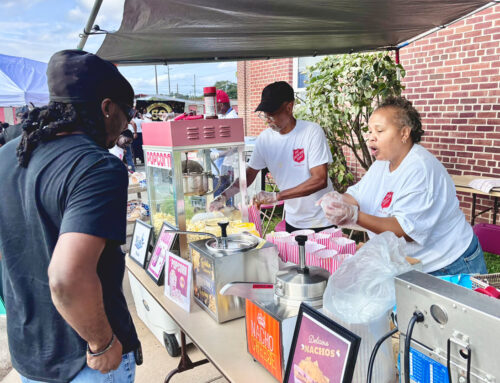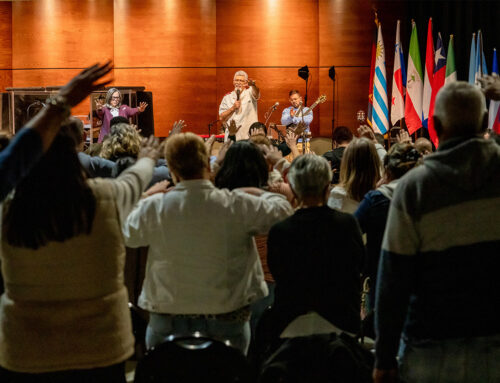
World water day
by Warren L. Maye
Every March since 1993 the world has paused to recognize the water crisis across the globe.
While standing on the shore of Maui Island, perched in the middle of the Pacific Ocean, I paused with pants legs rolled and feet bare and scanned the sunlit horizon. As far as I could see, water met sky, shrouded in white intermittent clouds; gentle waves and smooth stones refreshed my soles.
In the middle of such a blissful moment, I struggled to comprehend how a water crisis could exist anywhere in the world. Yet, such a predicament is reality for 2 billion people who lack access to clean, safe, drinkable water.
So, on March 22, 2023, the Centers for Disease Control (CDC) and organizations around the world, including The Salvation Army, will dedicate the day to drawing attention to what has become known since 1993 as the global water crisis.
What The Salvation Army is doing
The Salvation Army, now operational in 133 countries around the world, believes water access should be for everyone and works to support communities to improve their economic as well as social relationships.
According to a recent report,* in Mali, Africa, nearly 44 percent of the population lives below the national poverty line, and more than half live on less than $1.25 (U.S.) a day. The country’s economy relies heavily on agriculture, which employs 90 percent of its rural population. Already one of the hottest countries in the world, today the average annual temperature in Mali is 84.2º F.
So, The Salvation Army in Mali is contributing to the well–being of communities there by supporting people in Kassela and Sanakoroba. Through the provision of six new wells, access to safe water will now be available to these communities. This will be coupled with health and hygiene promotion.
In Kerala, India, many communities frequently face drought and acute water shortages. Most people in rural areas depend on unprotected wells, ponds, rivers, and streams.
The Salvation Army in Kerala is supporting 17 villages where this is a serious problem. Many of them are in hilly areas, where it is difficult to carry water from the low land sources to the upper residential areas.
Geological surveys have identified that, in these places, underground water sources are close to the surface. Through boreholes, wells, and new connections to main water supplies, the Army is working to make safe water access a reality for almost 6,000 people, including 3,000 girls and boys.
In Kenya, The Salvation Army supplied several water tanks to various Army churches, schools, and communities. Salvationists have drilled several successful boreholes. With portable, accessible water, surroundings are now clean and have become safe for habitation.
The Salvation Army in Hong Kong and Macau supports many water–related programs in mainland China. These include digging wells, constructing water systems (storage tanks, filtering tanks, laying pipes from water source to households), and training to enhance people’s awareness of personal hygiene.
In Uganda, 4,500 households will benefit from work by The Salvation Army to educate and advocate for good water and sanitation practice. Through the installation of rainwater harvesting facilities, gravity flow schemes, new handwashing facilities, and latrines for the community, people will gain the knowledge and resources for sustainable, long–term change.

Water: essential for life
Water is needed for drinking, washing, cooking, cleaning, and farming. In the developed world, when most people turn on the tap or flush the toilet, the water reliably flows.
Yet billions of people still lack access to safe, clean water. For them, there is usually no choice but to walk long distances to draw water. Even then, it is often coming from dirty and polluted rivers, ponds, and grimy holes in the ground.
The precious time spent accessing such water takes time away from students and parents that could be spent on education and earning a living.
Contaminated water, often containing feces and dirt, causes life–threatening diseases such as dysentery and typhoid fever. Managing menstrual hygiene with dignity requires safe water accesſ. Without it, girls often miss out on schooling during their period. Childbirth without safe water increases the risk of sepsis infections.
Read more from the latest issue of SAconnects.




